Únase a getAbstract para acceder al resumen.
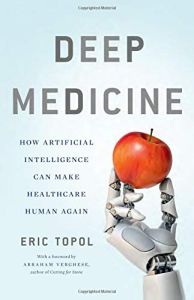
Únase a getAbstract para acceder al resumen.
Eric Topol
Deep Medicine
How Artificial Intelligence Can Make Healthcare Human Again
Basic Books, 2019
¿De qué se trata?
Cardiologist Eric Topol explains how to leverage AI to make health care human again.
Recommendation
In lay terms, cardiologist Eric Topol describes advanced technologies and offers a balanced view of artificial intelligence (AI) in medicine. Each chapter begins with various miracles attributable to AI – for instance, rare disease identification and the formulation of new drugs – and then describes AI’s shortcomings and likely futures with respect to health care. Topol argues that the best outcomes stem from collaboration between doctors and AI. He implores decision makers to leverage AI immediately for routine health care tasks – chores that consume doctors’ time and hamper their efforts to build trusting, caring relationships with patients.
Summary
About the Author
Eric Topol, MD, is a world-renowned cardiologist, executive vice president of Scripps Research, founder of a new medical school and one of the top 10 most-cited medical researchers. He also wrote The Patient Will See You Now and The Creative Destruction of Medicine.










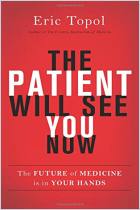

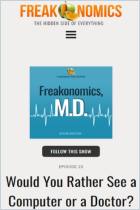
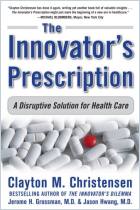
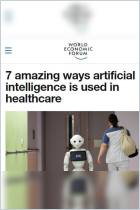


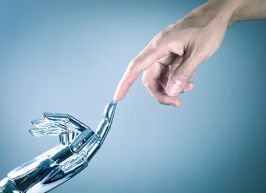

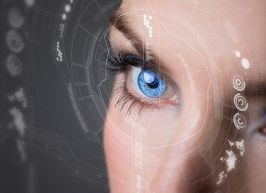
Comment on this summary